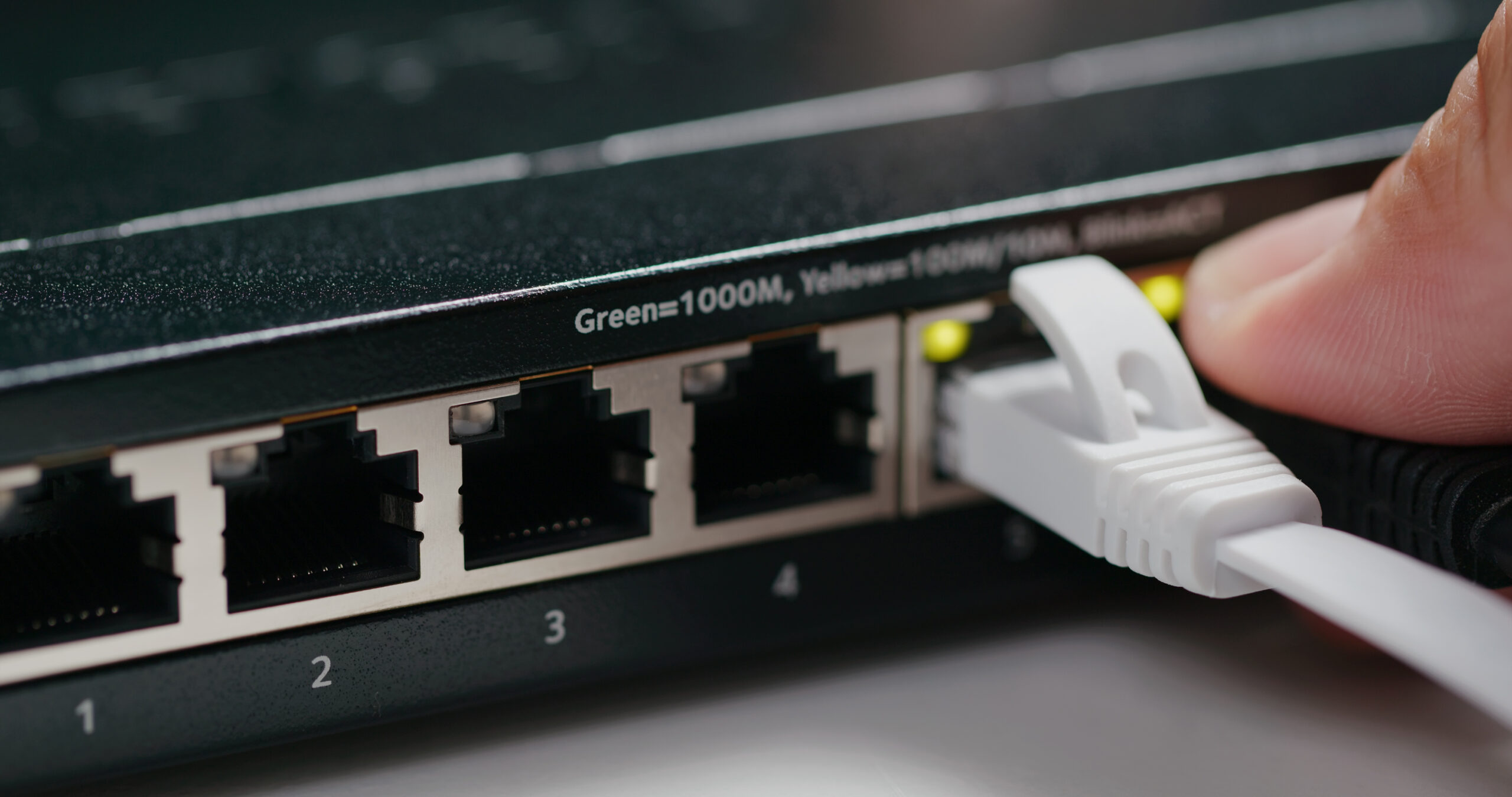In a landmark decision that underscores the delicate balance between protecting the public from fraud and safeguarding personal privacy, the Supreme Court of Canada has ruled that judicial authorization is necessary for police to obtain a computer’s internet protocol (IP) address, recognizing it as a pivotal link between individuals and their online activities.
The 5-4 ruling, issued on Friday, follows a case originating in 2017, when Calgary police launched an investigation into fraudulent online transactions traced back to a local liquor store.
At the heart of the matter were two IP addresses voluntarily provided by the store’s third-party payment processor to law enforcement authorities. Subsequently, police secured a production order mandating the disclosure of customers’ names and addresses from the internet service provider associated with the IP addresses.
This sequence of events culminated in the execution of search warrants at two residences, leading to the apprehension and subsequent conviction of Andrei Bykovets on multiple charges.
Initially, Bykovets contested the legality of the police’s request for IP addresses, citing infringement of his Charter of Rights protection against unreasonable search and seizure. However, both the trial judge and a majority of the Alberta Court of Appeal dismissed his argument.
Undeterred, Bykovets took his case to the Supreme Court, where Justice Andromache Karakatsanis, writing for the majority, underscored the significance of IP addresses in linking individuals to their online behaviors. She emphasized that these numerical identifiers serve as gateways to unveiling personal information, including user identities, and therefore warrant constitutional protection.
In her ruling, Karakatsanis stressed the critical importance of extending privacy protections to IP addresses, particularly in an era dominated by digital connectivity.
This decision raises pertinent questions about where the line should be drawn between law enforcement’s efforts to combat fraud and individuals’ rights to privacy. As technology continues to evolve, striking a balance between these competing interests remains a pressing challenge for policymakers and the judiciary alike.
Protecting Online Privacy vs. Combatting Fraud – Supreme Court’s Landmark IP Address Ruling

High Court Decision Raises Crucial Questions on Privacy Rights and Law Enforcement in the Digital Age
In response to Canada's Online News Act and Meta (Facebook and Instagram) removing access to Canada's local news from their platforms, Anchor Media Inc encourages you to get your news directly from your trusted source by bookmarking this site and downloading the Rogue Radio App. Send your news tips, story ideas, pictures, and videos to info@anchormedia.ca.







